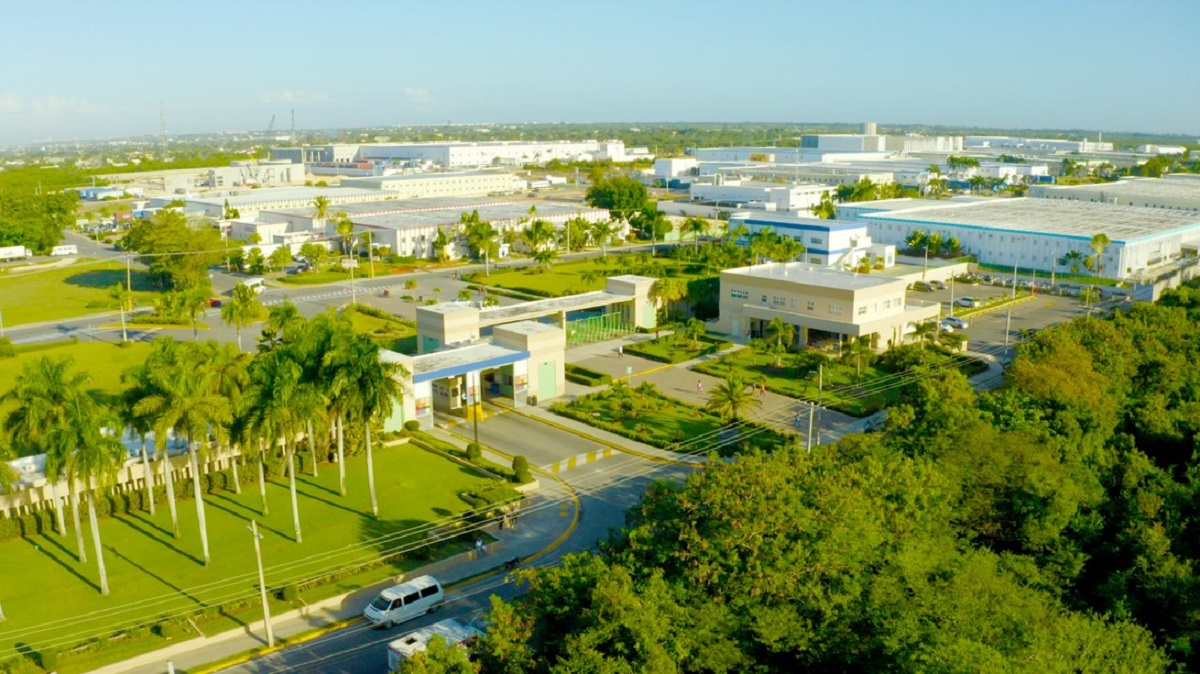The alliance’s founding members represent 7,000 special economic zones in 145 economies, employing over 100 million people.

© Las Americas Free Zone Park | A special economic zone in the Dominican Republic.
UNCTAD joined hands with seven global, regional and national associations representing over 7,000 special economic zones (SEZs) to launch a global alliance on 17 May.
SEZs are geographically delimited areas within which governments promote industrial activity through fiscal and regulatory incentives and infrastructure support.
They go by many different names, including free-trade zones and industrial parks, and are widely used by developed and developing economies.
The Global Alliance of Special Economic Zones (GASEZ) seeks to drive the modernization of these zones across the world and maximize their contribution to the UN Sustainable Development Goals (SDGs).
UNCTAD Secretary-General Rebeca Grynspan said: “The United Nations 2030 Agenda for Sustainable Development provides an opportunity for special economic zones to attract investment by putting SDGs at the forefront of their value proposition.”
Ms. Grynspan added: “A new model of sustainable special economic zones is therefore rapidly taking shape and they are contributing to more inclusive, resilient and sustainable economies in the countries where they operate.”
Pooling expertise
The alliance pools the expertise of its members to increase collaboration between SEZs, advocate on their behalf and enhance their contributions to sustainable development.
SEZs are faced with new challenges and opportunities that require them to adapt and innovate.
Some challenges are related to the COVID-19 pandemic, with new lockdown measures in some parts of the world or disruptions due to the war in Ukraine.
Other challenges and opportunities are longer term, stemming from changing global value chains, including reshoring and nearshoring, and increased digitalization and investments in digital assets.
In addition, ongoing global corporate tax reforms require governments to re-evaluate their fiscal tools and incentives, which SEZs have traditionally relied on.
Many zones are also embracing the SDGs and targeting investment related to these goals.
Towards a global platform
During the alliance’s launch, its founding members expressed their desire to make GASEZ a global platform to catalyse partnerships and bring on board more stakeholders, including governments, the private sector and international organizations.
John Denton, secretary-general of the International Chamber of Commerce (ICC), said: “We support this important initiative…Through collaborative efforts you will be able to help improve SEZ services to business and at the ICC global network we stand ready to work with you to achieve this objective.”
Deepak Bagla, president of the World Association of Investment Promotion Agencies, said: “As supply chains re-organize themselves in a post-pandemic world order, we have a great opportunity where we can work together and create economic zones which will be based on the core pillars of sustainability, of efficiency, of creating jobs and helping us all working together with our complementarities.”
Founding members
The alliance’s founding members include the Africa Economic Zones Organization, the Free Trade Zones Association of the Americas, the Green Partnership for Industrial Parks in China, the International Association of Science Parks and Areas of Innovation, the National Association of Foreign-Trade Zones of the United States of America, the World Free and Special Economic Zones Federation, the World Free Zones Organization and UNCTAD.


